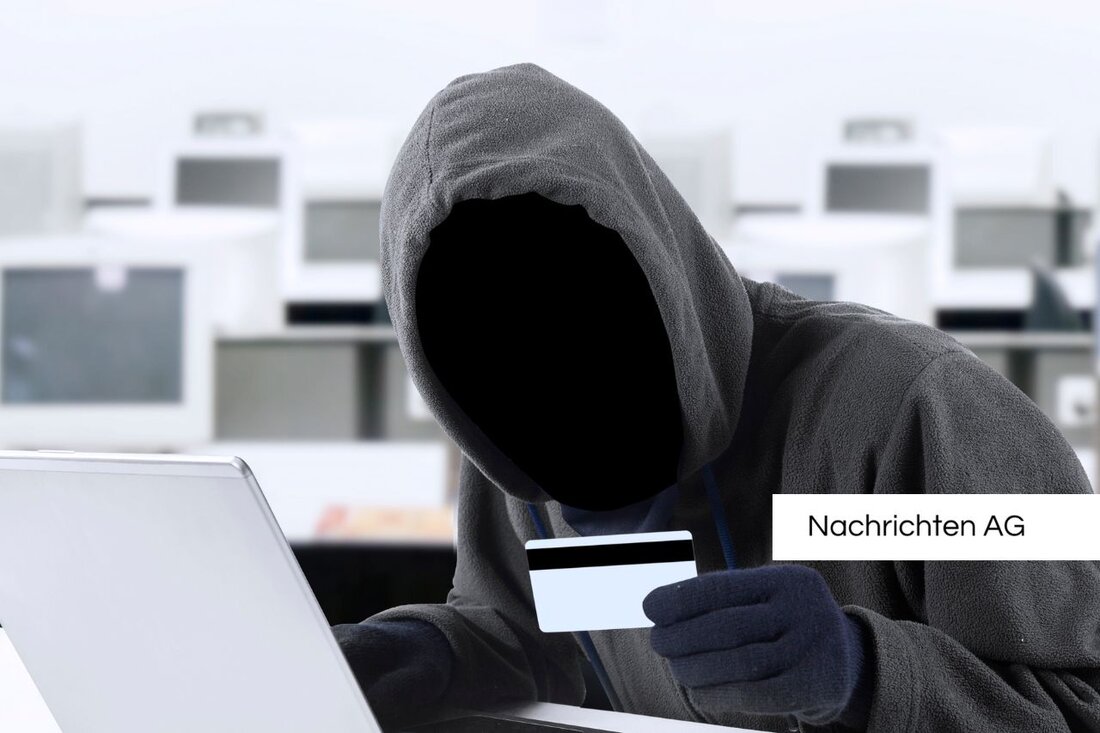Blockchain revolution: Hong Kongs shipping conquered digital assets!
Blockchain revolution: Hong Kongs shipping conquered digital assets!
What's in Hong Kong? On July 10, 2025, the city published Policy Statement 2.0 for the development of digital assets. These innovations could have far-reaching effects for the shipping and logistics industry. In particular, the integration of Real World Assets (RWA) into the local industry is the focus and promises to revitalize traditional industries by using blockchain technology. Tianci International (CIIT) has already recognized this change and is actively dealing with the potential. Loud Tradingview the company organized numerous seminars on the subject of “RWA and shipping logistics” that brought experts from different areas.
The discussions revolved around the use of blockchain in shipping and the possibility of output digital tokens for ships and warehouses. Important points came up, such as the need for a strict evaluation and compliance system for token emissions. Experts point out that the challenges, especially with regard to regulatory compliance and technical security, should not be underestimated. Compliance with these guidelines is crucial to avoid legal problems and to secure the acceptance of tokens, so RWA.
blockchain and traditional financial systems: a necessary dialogue
The integration of blockchain technology with the existing finance requires safe and reliable systems. Challenges such as the variety of laws and regulations that must be considered for a successful tokenization of assets are a major hurdle. These technical and legal solutions are important to ensure the legitimacy of the tokens. The regulatory landscape is complex; Tickenization is often subject to securities laws, and clear legal framework conditions are necessary to ensure property rights on the blockchain. This difficulty is in an article by TOKENization enables physical objects such as real estate and art to transform into digital tokens. This facilitates the purchase, sale and trade of these assets and could change the global markets in the long term. The reason for this? A variety of advantages such as greater transparency, traceability and security, which is provided by the distributed Ledger technology (DLT). Tianci believes in the possibilities and plans to further explore the implementation of blockchain in shipping logistics. The future of tokenized assets looks promising, even if there are some hurdles to overcome. For example, robust KYC and AML protocols are necessary to prevent fraud and strengthen confidence in the new systems. In addition, regular security checks must be carried out in order to identify potential weaknesses in smart contracts. In addition, the market requires adaptation strategies to increase liquidity and combat market fragmentation. Another interesting point is the role of Defi (decentralized finances) in RWA tokenization. Tokyization makes it possible to use RWAs as collateral in Defi platforms and thereby increase liquidity. But here too you run the risk of encountering regulatory challenges that have to be overcome in order to make progress. Overall, it turns out: The digital asset market is in transition. With the forecast market growth and increasing institutional acceptance, tokenization has the potential to fundamentally transform asset management. The cooperation between regulatory authorities, developers and financial institutions will be decisive in order to fully exploit the many advantages of tokenization. Future outlook: challenges and opportunities
| Details | |
|---|---|
| Ort | Hong Kong, China |
| Quellen | |


Kommentare (0)